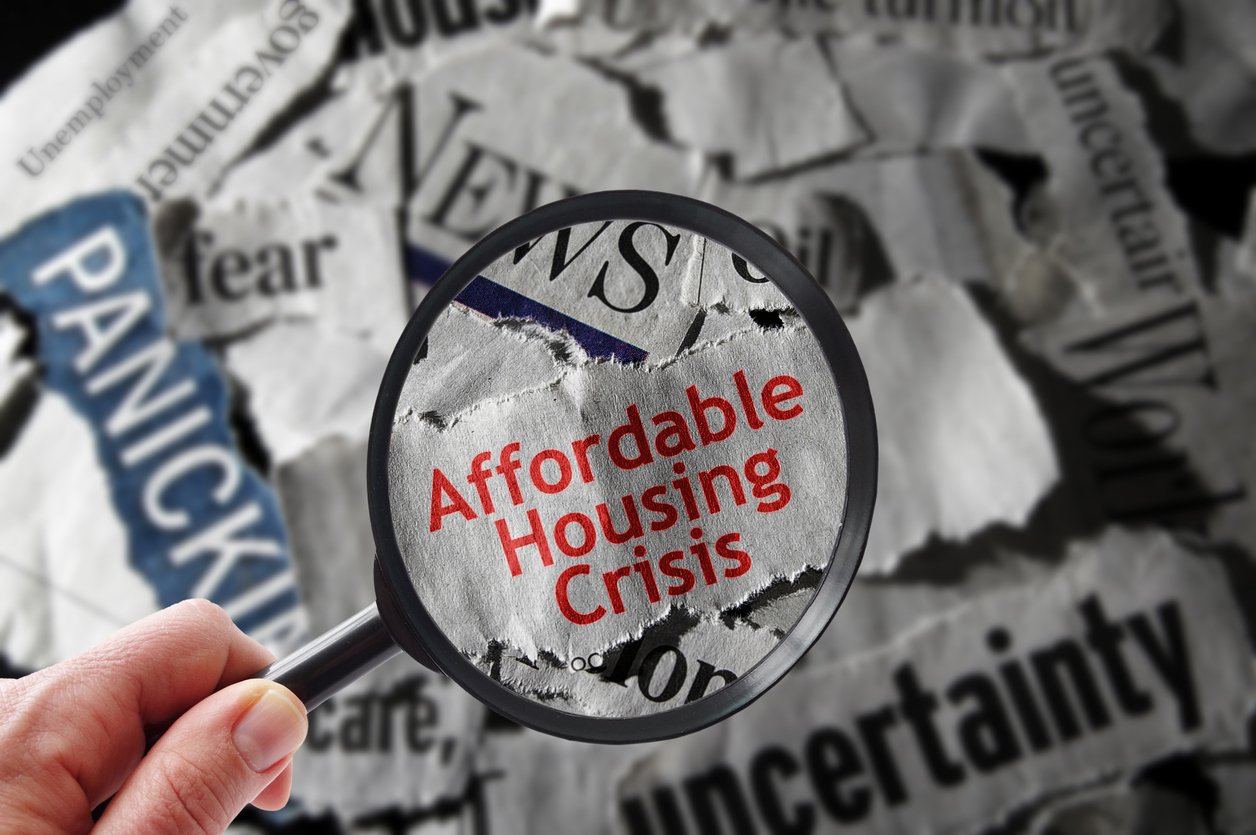In a landmark move to address the U.S. housing crisis, the Biden administration has announced a $100 million investment aimed at boosting national housing construction. This initiative, while primarily focused on affordable housing, holds significant potential for the multifamily real estate sector, particularly for syndicators and passive investors looking to capitalize on emerging opportunities.
The U.S. Housing Crisis: A Multifamily Perspective
The U.S. is currently facing a severe housing shortage, with demand far outpacing supply. Multifamily properties—such as apartment complexes and townhouses—offer a scalable solution to this problem, especially in urban and suburban areas where land is limited. With the Biden administration’s investment, there’s an expectation of increased multifamily development, providing a unique opportunity for syndicators and passive investors to enhance their portfolios.
Why Multifamily Syndication Stands to Benefit
Multifamily syndication allows investors to pool resources to purchase and manage larger properties, spreading both the risk and the rewards. Biden’s $100 million housing initiative could significantly impact multifamily syndication in several key ways:
- Increased Development Opportunities: The initiative is expected to fund the construction of new affordable housing units, many of which will be in multifamily buildings. This influx of new properties can provide syndicators with fresh opportunities to invest in high-demand markets.
- Access to Government Incentives: The federal investment may come with incentives such as tax credits, grants, or low-interest loans for developers focusing on affordable housing. Syndicators who can navigate these opportunities could enhance their project profitability, making multifamily investments even more attractive.
- Sustainable Building Focus: As sustainability becomes a priority, multifamily properties that incorporate energy-efficient designs may qualify for additional benefits. Syndicators focusing on green building practices can appeal to a growing segment of eco-conscious tenants and investors.

What Passive Investors Need to Know
For passive investors, the Biden administration’s housing initiative could provide several advantages:
- Stable and Predictable Returns: The construction of new affordable housing is likely to meet steady demand, ensuring consistent rental income. This stability is crucial for passive investors seeking reliable returns in multifamily syndications.
- Portfolio Diversification: By investing in multifamily properties, especially those backed by government funding, passive investors can diversify their portfolios with assets that are poised to perform well in various economic conditions.
- Impact Investing Potential: Multifamily syndications focused on affordable housing allow passive investors to align their financial goals with social impact, contributing to solutions for the housing crisis while earning returns.
Challenges to Consider
While the $100 million investment is promising, challenges remain. The housing shortage is vast, and additional funding will be required to make a substantial impact. Furthermore, local opposition to new developments could slow the process. Investors should partner with experienced syndicators who understand the complexities of local markets and the nuances of government funding.
Conclusion: Strategic Opportunities for Multifamily Syndicators and Passive Investors
Biden’s $100 million housing initiative is more than just a response to the housing crisis—it represents a strategic opportunity for multifamily syndication and passive investing. By leveraging this federal investment, syndicators can access new development projects, and passive investors can benefit from stable returns, diversified portfolios, and the chance to contribute to solving a national issue.
As the multifamily sector continues to grow in importance, this initiative could pave the way for significant financial and social returns. For those involved in multifamily real estate, staying informed and strategically positioned will be key to capitalizing on the opportunities that arise from this substantial federal investment.
At QC Capital Group, we remain committed to guiding our investors through these changes, ensuring that their portfolios in multifamily syndication and car wash investments are robust, resilient, and poised for long-term success. If you’re interested in learning more about car wash investing or exploring passive investment opportunities, contact us today at [email protected].
For more insights and updates on passive investing and the commercial real estate market, stay tuned to our blog and subscribe to our weekly newsletter.

